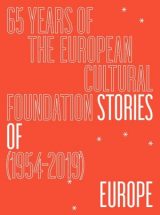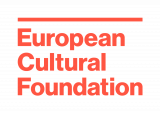
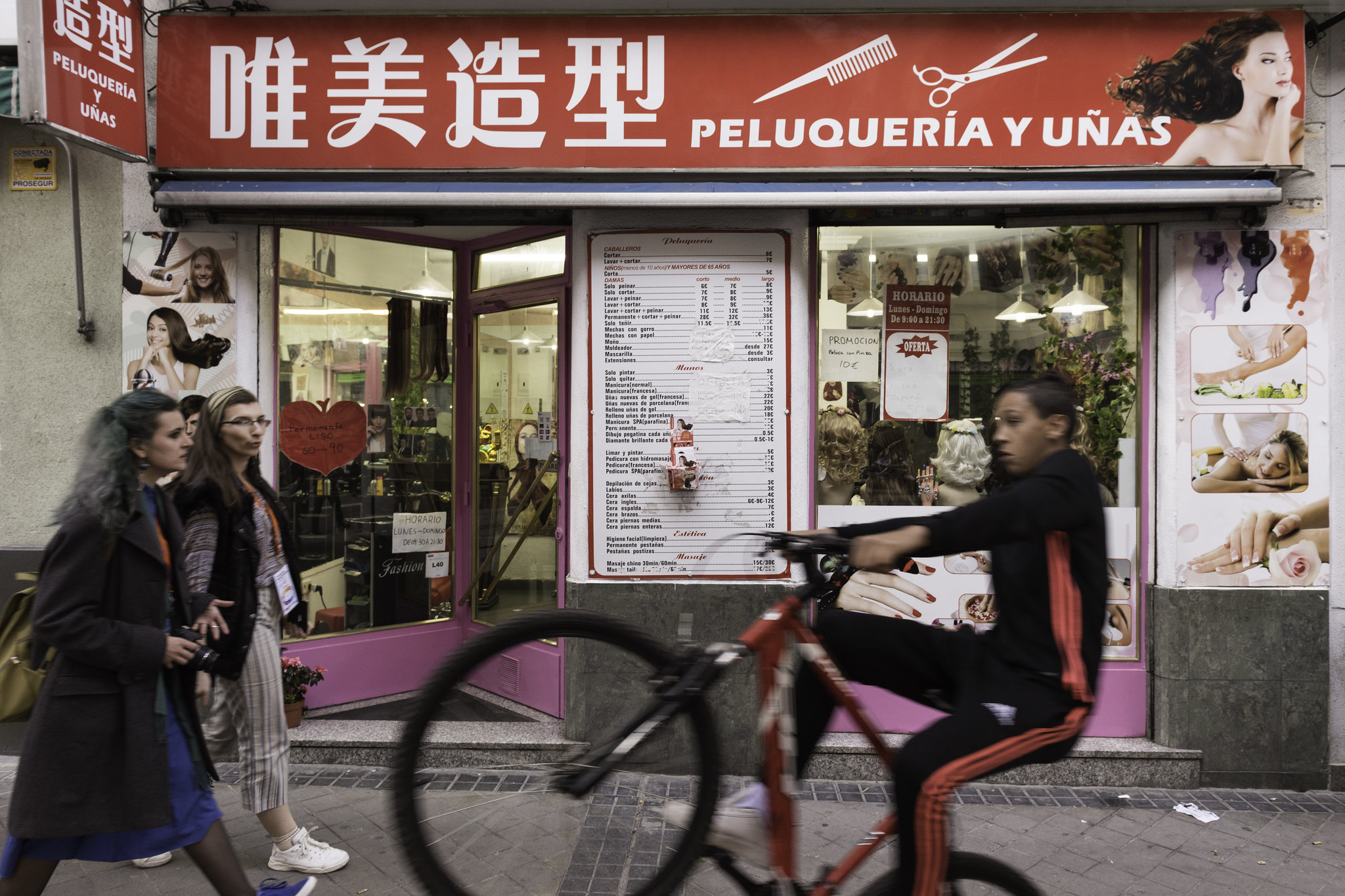
In collaboration with
European Cultural Foundation
The European Cultural Foundation is an independent foundation working for a united Europe. We promote a European sentiment through culture, by developing and supporting initiatives that let us share, experience and imagine Europe.
Header photo: César Lucas Abreu, CC BY-NC-SA 2.0, via Flickr

Articles

In today’s Standard Time Talk show, we set sail with the European Pavilion, an art project and exhibition exploring Europe’s future, identity and the burning question: can we understand European culture through art?

Russian aggression, climate disaster and technological singularity – it takes a professional optimist to seek the humanist potential in these threats. An interview with André Wilkens, director of the European Cultural Foundation.
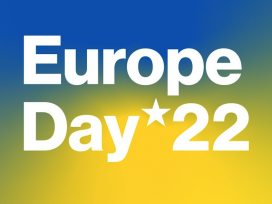
The Schuman show
Europe Day 2022 livestream
A late night lineup bursting the Brussels comedy bubble, a talkshow addressing the European media disconnect, a European Sentiment Compass, and more. Tune in to the 2022 Europe Day programme in Eurozine!

Ukraine seems to be more dedicated to European unity than the EU itself. And despite the Kremlin’s best attempts to isolate Russians, a tipping point is inevitable. Until then, we must support cultural workers – their presence is crucial for meaningful change, argues André Wilkens on the podcast.
Focal points

With new variants mutating around the globe, COVID-19 is no longer a novelty. The pathogen is seemingly here to stay, inducing social, political and economic turmoil. This is not a crisis to emerge from quickly. It is a prelude to further emergencies linked to climate change-related transformations and environmental destruction. How will societies deal with its tangible effects? And which issues might be perilously left by the wayside? In this new focal point, supported by the European Cultural Foundation’s Culture of Solidarity programme, Eurozine and partners take stock of this public health crisis and its accompanying crises of values and meaning.
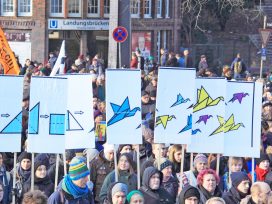
Austerity policies have contributed to social fragmentation and the rise of populist nationalism across Europe. However, alternative inter-local forms of mobilization around the commons may yet revive solidarities and keep the prospect of a common Europe alive.
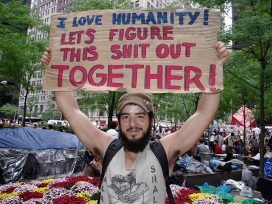
In the aftermath of the 2008 financial crisis, questions of inequality and solidarity have become intertwined. Over the past year, however, questions of solidarity have also been central in connection to the treatment of refugees and migrants.
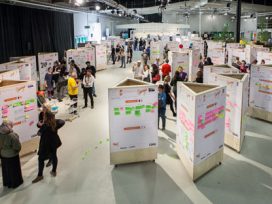
Drawing on affinities between Eurozine's publishing activities and the European Cultural Foundation's Connected Action for the Commons programme, we launch a new focal point exploring the prospects for a commons where cultural and social activists meet with a broader public to create new ways of living together.
Projects and publications

